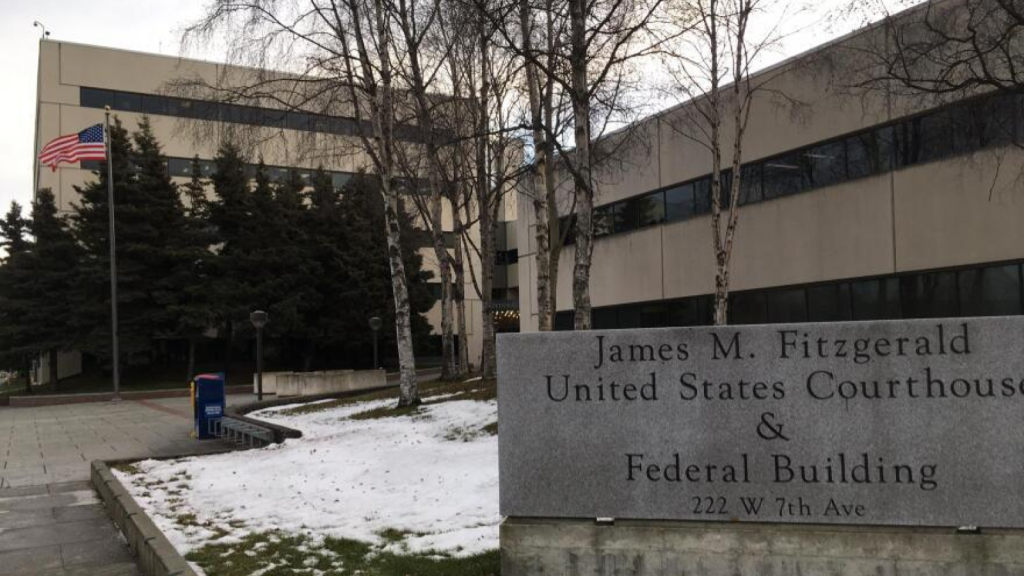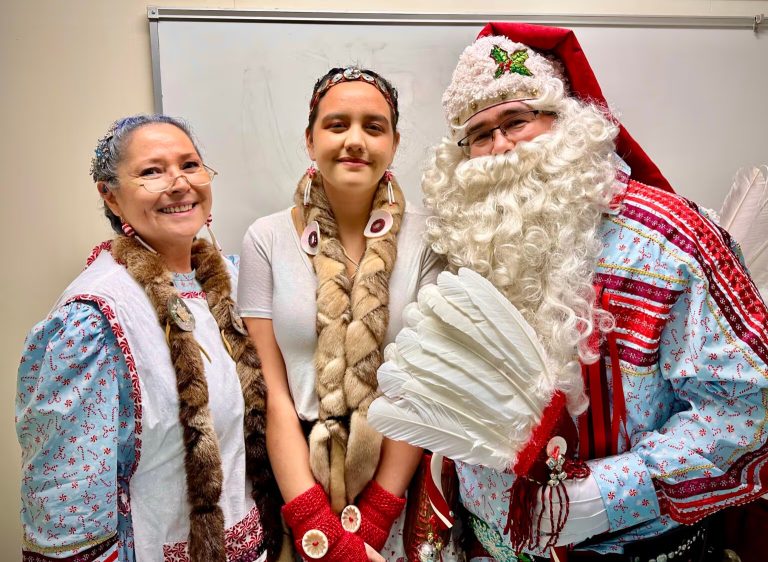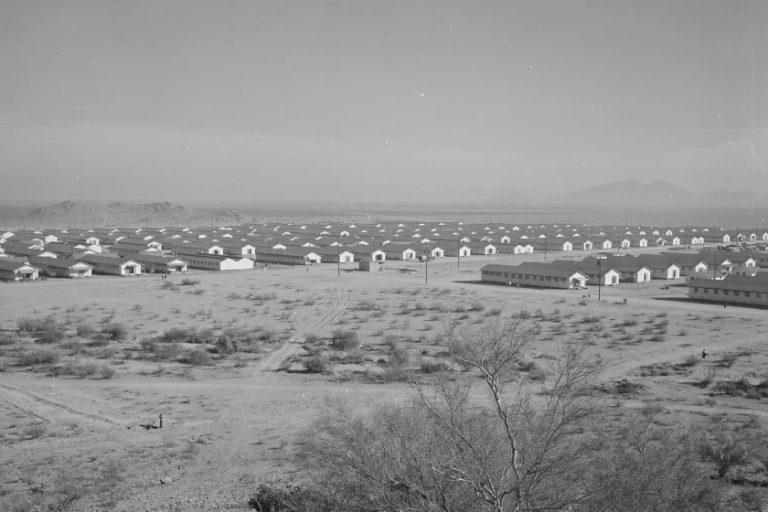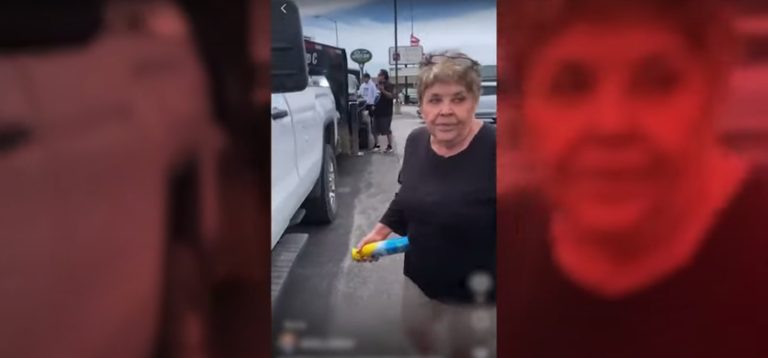Podcast: Play in new window | Download | Embed
When former foster youth Matthew Vandenberg took the stand on the first day of the federal trial, he told the judge about a foster placement he and other foster youth called the “ramen house.” He recounted his testimony in an interview.
“The people there were to give you two ramen packs a day, and if you ate them, say, in the morning, because you were hungry, you would have to wait until you’d have to wait until the next day to eat again. I lost over 30 pounds being at that foster home.”
He says he was shoved so hard that it broke a wall in the same home. He testified that he moved foster placements about thirteen times over four years.
OCS is supposed to visit kids in their care monthly, partly to make sure kids aren’t mistreated.
But Marcia Lowry says those monthly visits in Alaska just aren’t happening, putting kids like Vandenberg at risk.
She’s an attorney and director of the national nonprofit A Better Childhood, which brings lawsuits against states to push for foster care reforms.
“How else can you know whether a child is safe when you put a child in a foster home? How can you know when it’s time to move a child to get freed for adoption? The visits with both children and with parents are very, very low.”
Lowry says that, on many federal measures, Alaska’s foster care system ranks among the worst in the country.
Data shows that Alaska has fewer caseworkers visiting children, longer child protection response times, shorter average placements, and more children maltreated while in OCS custody. And Lowry says the state has not taken the necessary steps to correct problems in the system.
“Alaska is one of the few places that I know of that has workers that hires workers who don’t have college degrees … nice, well-intentioned people can’t just do this job. They need an education.”
Lowry says lawsuits like this can be an effective way to force system reforms.
She says her organization has sued eleven other states in the last decade to improve foster care systems. They’ve won four and eight are ongoing.
She says when they sued New Jersey in 1999 their system was one of the worst in the country. Now it’s one of the best.
Alaska’s foster care system has long been plagued with serious problems.
Caseloads for caseworkers are often several times the expert-recommended maximum.
The state consistently reports high turnover, which experts say creates worse outcomes for kids.
In 2018, a law required reforms meant to reduce caseloads and staff turnover, with mandatory audits to check on the progress.
The final audit released this year showed that, by most measures, OCS hasn’t made meaningful progress, but those involved in bringing this class action lawsuit to trial hope that if they win, it could actually force meaningful change.
OCS declined an interview for this story while the trial is taking place, but in her testimony, OCS director Kim Guay consistently pointed out that her office is just one piece of Alaska’s child welfare system.
She acknowledges case loads can be high, but says the state can’t implement caseload caps because OCS can’t turn away kids or families who need help.
The federal trial is slated to wrap up September 11.
There’s no timeline for when the judge will issue her decision.
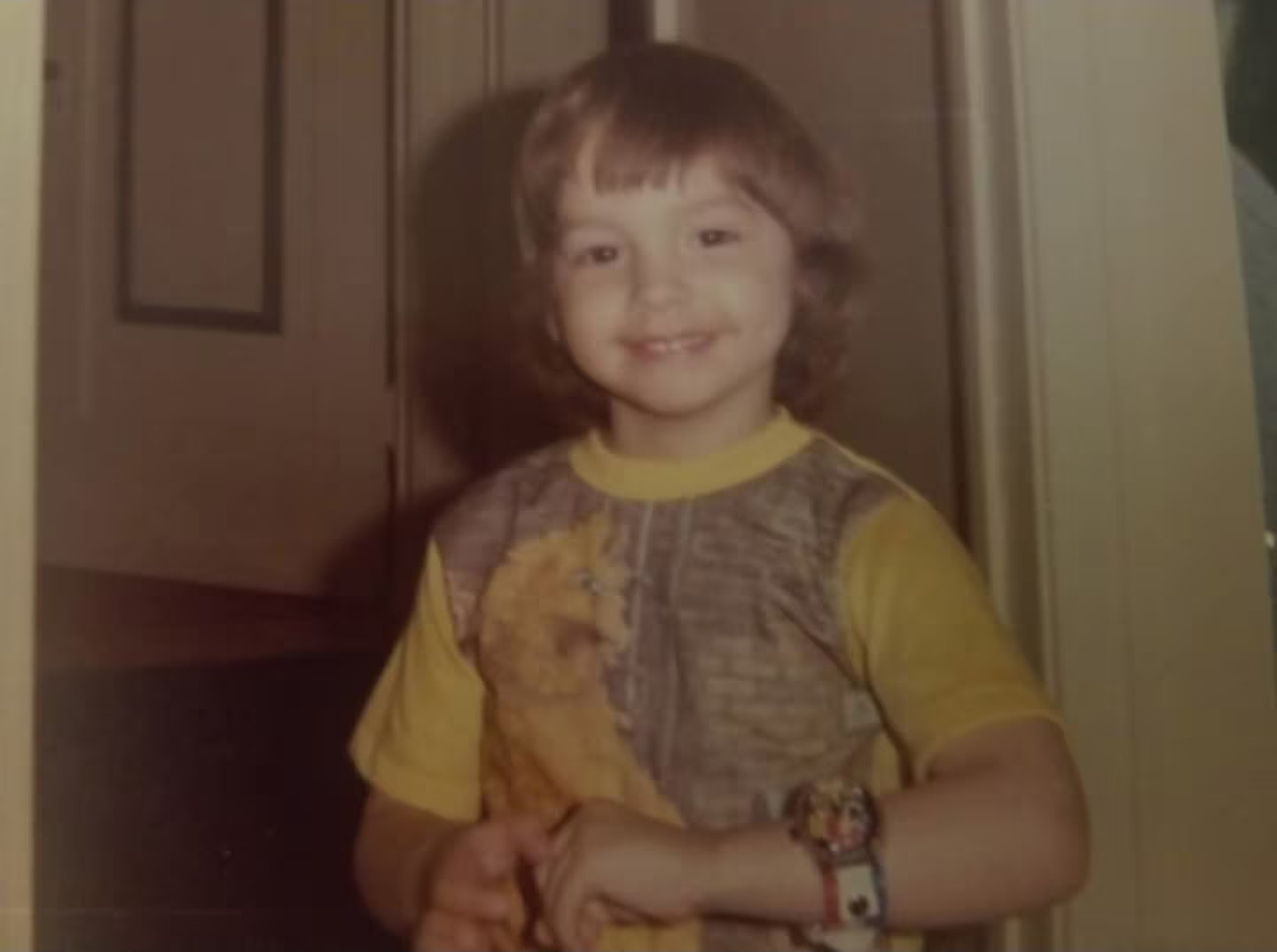
Katherine Strongwind at three years old. (Handout)
Johnathan Hooker recently returned to Manitoba from New Zealand and met his biological mother and other family members.
He had been searching for them for years. He had been taken from them when he was only a few months old.
Katherine Strongwind had a similar story, only a year old when she was removed from her family in Winnipeg in 1973. She lived with a non-Indigenous family in Winnipeg.
After years of searching, she eventually found her biological siblings and extended family.
Strongwind and Hooker are among the estimated 20,000 Indigenous children who were taken from their families between the 1950’s and 1980’s.
Many of those children were placed in non-Indigenous homes across Canada and around the globe.
It was a plan of forced assimilation of Native children into white culture.
University of Winnipeg history professor Karen Froman says most of the children didn’t know about their Indigenous roots.
“A lot of these adoptees are learning about their true heritage later in life. And a lot of them were lied to. You know they were told they were either French or Italian right, to explain why they were a little bit brown.”
Froman says the Sixties Scoop was part government policy and part misunderstanding. She says, rather than address social problems, it was easier for governments to remove the children.
Advocates say as many as 3,000 Indigenous children were sent out of Canada and around the world.
They say there must be more support so every one of those children can return home and meet with their families and communities.
One way, they say, is a permanent federal repatriation program.
Get National Native News delivered to your inbox daily. Sign up for our daily newsletter today.
